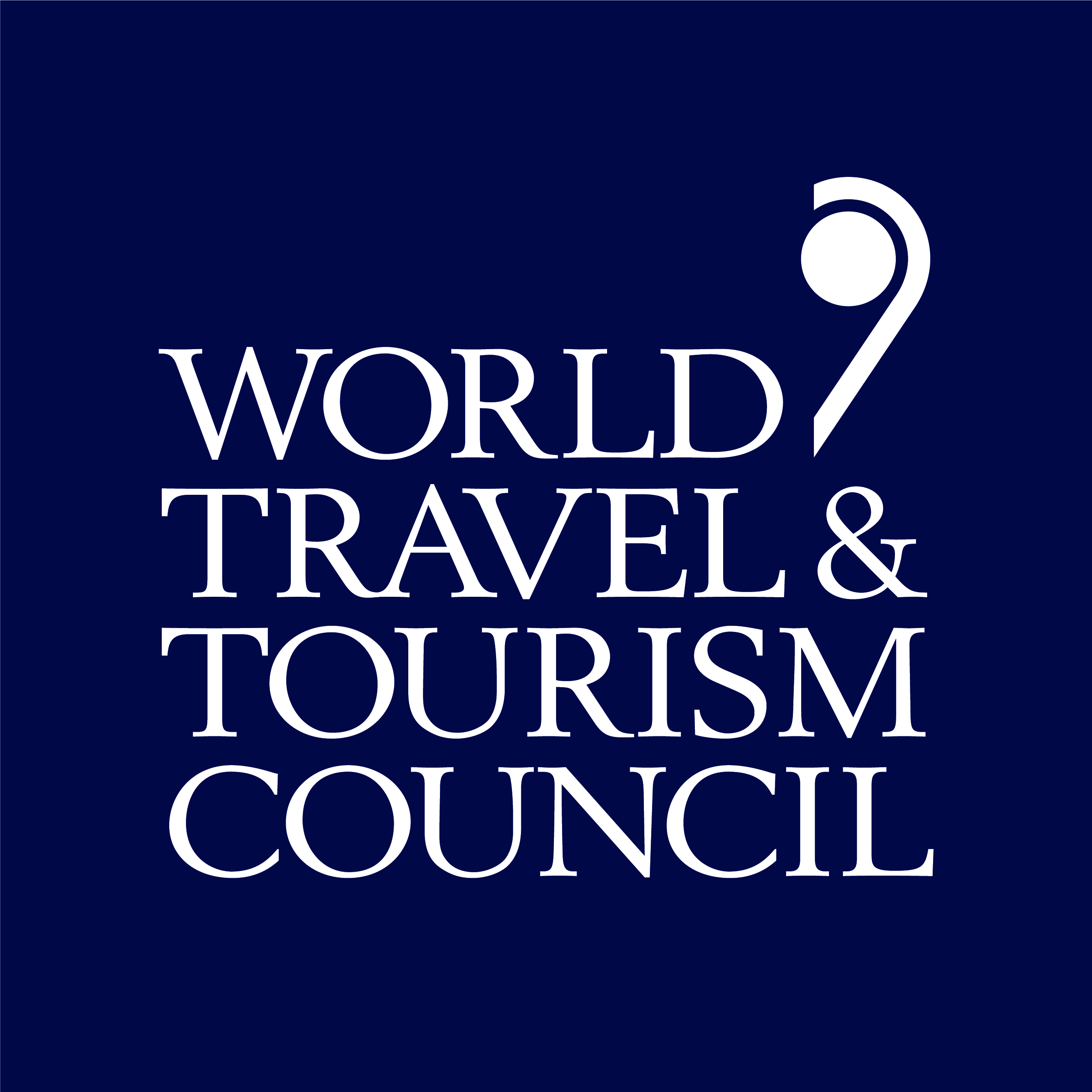How financial technologies are driving growth in Travel & Tourism

The Travel & Tourism sector has long been a driver of global economic activity, contributing trillions to GDP and employing millions worldwide. As the sector evolves, financial technologies (FinTech) are playing a crucial role in accelerating growth, enhancing customer experiences, and streamlining operations. From digital wallets to Buy Now, Pay Later (BNPL) schemes, financial innovations are reshaping the way people book, pay, and experience travel.
Sign in to access actionable insights
The Travel & Tourism sector has long been a driver of global economic activity, contributing trillions to GDP and employing millions worldwide. As the sector evolves, financial technologies (FinTech) are playing a crucial role in accelerating growth, enhancing customer experiences, and streamlining operations. From digital wallets to Buy Now, Pay Later (BNPL) schemes, financial innovations are reshaping the way people book, pay, and experience travel.
Enhancing payment convenience
Digital wallets have become an essential tool in modern travel, offering a seamless and secure payment solution for both travellers and businesses. These wallets allow users to store multiple payment methods, including credit cards, Central Bank Digital Currencies (CBDCs), and loyalty points, reducing the need for cash or physical cards. This convenience simplifies transactions for travellers, whether booking flights, checking into hotels, or making purchases at local merchants.
For businesses, digital wallets offer faster transactions, reduced fraud risk, and increased customer retention. Integration with travel apps enables personalised promotions and loyalty incentives, encouraging repeat business. As digital wallets gain wider adoption, travel companies that integrate them into their platforms stand to benefit from increased customer engagement and smoother payment processes.
Expanding accessibility
The affordability of travel is a significant factor influencing consumer decisions. BNPL schemes have emerged as a game-changer, allowing travellers to spread the cost of flights, accommodation, and experiences over several instalments. This makes travel more accessible to a broader audience, including younger travellers and budget-conscious consumers.
Major airlines, hotel chains, and travel agencies now offer BNPL options, partnering with third-party providers to offer flexible payment plans. The appeal of BNPL lies in its instant approval process, zero or low interest rates, and automated payments, ensuring a hassle-free experience. For travel businesses, BNPL increases booking conversion rates, boosts revenue, and encourages customers to opt for premium services or extended stays.
Cross-border payment innovations
One of the biggest challenges in international travel has been the complexity and cost of cross-border transactions. FinTech solutions such as Open Banking and Virtual Commercial Cards (VCCs) are revolutionising this space, enabling faster, more cost-effective, and secure payments.
Open Banking allows travellers to make direct bank-to-bank payments without intermediaries, reducing transaction fees and processing times. Meanwhile, VCCs provide businesses with enhanced security, real-time monitoring, and multi-currency support, making financial transactions across different regions smoother and more efficient. These innovations benefit travellers and empowers businesses by reducing reliance on costly traditional banking systems, increasing transparency, and improving financial management.
Role of Central Bank Digital Currencies (CBDCs)
CBDCs are emerging as a transformative force in travel finance. Unlike cryptocurrencies, CBDCs are government-backed digital currencies designed for secure and cashless transactions. Countries such as China, Jamaica, and the Bahamas are already implementing CBDCs, with many others exploring pilot projects.
For the travel sector, CBDCs can simplify cross-border payments, eliminating the need for currency exchange and reducing transaction costs. Tourists can pay for services directly in digital currency, making travel more convenient and reducing the risk of fraud. Businesses, in turn, benefit from faster settlements, lower banking fees, and enhanced financial inclusion.
Beyond payments, FinTech is also driving efficiency in travel logistics through digital credentials. Digital wallets are now capable of storing travel-related documents, such as digital passports, visas, and boarding passes, significantly reducing check-in and security processing times.
Innovations like biometric authentication and digital travel credentials (DTCs) allow for frictionless movement through airports, hotels, and border controls. For businesses, this reduces administrative costs and enhances customer satisfaction by offering a smoother, more streamlined experience.
FinTech is also unlocking new levels of personalisation in travel. Through data analytics and AI-powered financial insights, businesses can offer tailored travel packages, real-time spending recommendations, and personalised payment options based on customer preferences.
For instance, AI-driven financial assistants can help travellers manage their budgets during trips, suggesting affordable dining options, transport routes, or experiences based on spending habits. This level of financial personalisation enhances customer engagement and strengthens brand loyalty.
Challenges and future considerations
While FinTech offers numerous benefits, challenges remain. Regulatory differences across countries, concerns over data security, and varying levels of digital literacy can slow adoption. Additionally, businesses must invest in cybersecurity and compliance to ensure safe and seamless financial transactions.
Looking ahead, continued advancements in blockchain, AI, and secure digital payment systems will further revolutionise travel finance. Companies that embrace these innovations will gain a competitive edge by offering more flexible, secure, and customer-centric financial solutions.


















